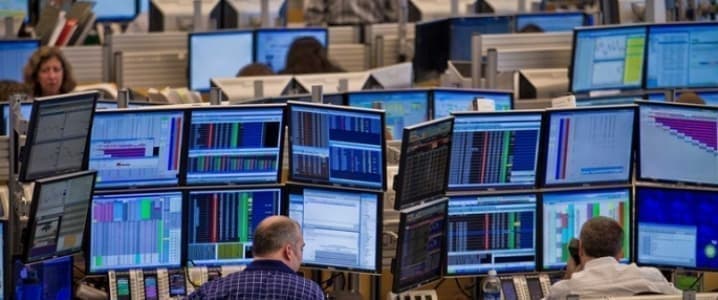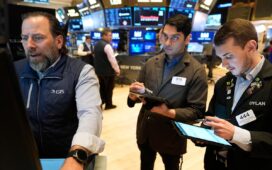The world’s biggest independent oil traders have earned record-high profits in the past two years amid market volatility and a rebound in the demand for energy commodities.
The four largest traders-privately-held Vitol Group, Trafigura, Gunvor, and Mercuria-have also paid record dividends to their employee shareholders, and even after these record payouts, the trading houses are now sitting on nearly $60 billion in combined equity, according to estimates by Reuters.
The top energy commodity traders are now looking to invest part of the cash they have earned, but face market conditions where good investment opportunities are hard to come by.
Record Earnings and Dividends
The biggest independent oil traders have amassed a lot of equity since the 2020 crash in energy demand, as consumption rebounded after the pandemic and the Russian invasion of Ukraine led to a spike in oil and natural gas prices and to heightened volatility-the ideal ground for record profits for commodity traders.
Equity – the difference between a company’s assets, including retained profits and liability – at the top four trading houses is close to $60 billion, per Reuters estimates based on non-publicly disclosed income statements and banking sources with knowledge of the financial performance of some of the traders. Related: New Expansion Project Could Give Qatar 25% Share of Global LNG Supply
For example, Vitol Group, the world’s biggest independent oil trader, booked a record-high profit of $15.1 billion for 2022, thanks to the highly volatile energy markets after the Russian invasion of Ukraine.
The trading group paid double in salary and bonuses to its more than 3,300 employees for 2022, compared to 2021 – the average payout per employee was just over $785,000, up from $394,000 for the previous year, per Vitol’s annual accounts seen by Bloomberg News. Vitol has also used the record earnings to pay down debts, according to the audited accounts.
Even after the record payouts to employee shareholders, Vitol has raised its equity to $26 billion, per its non-public balance sheet seen by Reuters.
Trafigura, for its part, paid its highest-ever dividends for its 2022/2023 financial year after posting another record-high profit amid volatile markets.
Trafigura’s net profit jumped to about $7.4 billion for the year to September 30, 2023, up from $7 billion for the previous fiscal year, which was the then-record-high profit for the privately owned trading group.
Due to strong profitability, group equity increased by 9% to a record $16.5 billion, up from $15 billion, and has more than doubled since 2020, “providing a solid base for further growth,” Trafigura said.
“This combination of a strong equity base, low leverage and ample liquidity is a point of competitive advantage, as commodity producers and consumers look to do business with reliable counterparties that have robust balance sheets and ready access to liquidity,” the trading house noted.
As Mercuria’s revenues hit a record-high of $174 billion in 2022, its equity jumped to $6.7 billion, up from $4.4 billion for the previous year.
“Continued robust growth in total equity supports our business expansion and investments in the energy transition,” Mercuria said about its 2022 performance.
Gunvor also has about $6 billion amassed in equity and retained earnings in recent years, sources familiar with the results told Reuters.
Gunvor Group says it generated $150 billion in revenue in 2022.
The top traders have been putting aside more and more cash – retaining earnings as equity – after the margin calls of 2022, which spooked Europe’s energy market amid drying up liquidity as many companies struggled to meet their margin calls on the energy derivatives market, amid wild swings and skyrocketing gas and power prices.
Back then, Helge Haugane, Equinor’s senior vice president for gas and power, told Bloomberg that European energy companies were facing margin calls of a total of $1.5 trillion in the derivatives market, and many would need policy support to cover them. According to Haugane, the $1.5-trillion estimate was even “conservative”.
Slim Pickings in Investment Opportunities
“We beefed up our equity and as a result more of our trade became self financed,” an unnamed trading executive told Reuters.
With record revenues and earnings, trading houses set aside more cash for equity. But they are not in a rush to spend part of the equity just for the sake of investing.
“We borrow much less from banks and are waiting for good investment opportunities. But those are slim, especially in loss-making green energy,” another anonymous executive at one of the top trading firms told Reuters.
The trading houses have pledged investments in the energy transition, but returns there are very poor, as the integrated oil and gas supermajors have seen first-hand over the past years.
Low returns from renewables have prompted oil and gas giants like Shell and BP to streamline and/or reduce exposure to some renewable and clean energy solutions and pivot back to their core business of oil and gas, while prudently investing in select low-carbon energy alternatives.
By Tsvetana Paraskova for Oilprice.com





